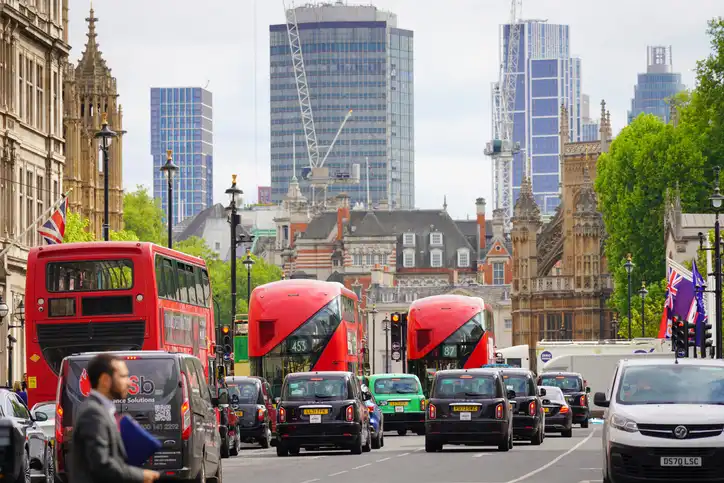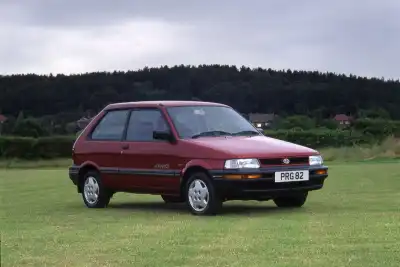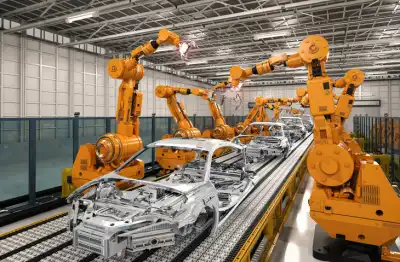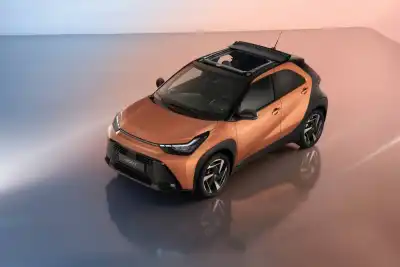
Driving in London is about to get a lot more expensive, especially if you're in an electric vehicle (EV).
Transport for London (TfL) is planning changes to the Congestion Charge that could rake in tens of millions of pounds every year. The biggest hit? EV drivers, who were previously exempt from paying the charge, could soon be paying up to £75 million a year collectively just to drive into the zone.
From 2 January 2026, electric cars will no longer be free to enter the Congestion Charge zone. Instead, drivers will have to pay the daily fee like everyone else, although there’s a 25% discount on offer if you register for TfL’s Auto Pay system (or 50% off if you're driving a van).
If TfL doesn’t go through with the discount plan, EV drivers would be stuck paying the full amount, potentially pushing the total annual charge to £83 million.
It gets worse. From early 2026, the daily Congestion Charge will rise from £15 to £18, no matter what you drive – petrol, diesel, or electric. TfL estimates this hike alone could bring in £40–£55 million extra over five years.
Put it all together, and TfL expects to boost Congestion Charge revenue from £240 million in 2024/25 to £320 million by 2026/27. That’s an £80 million jump, much of it from people trying to do the right thing by switching to zero-emission cars.
The AA isn’t impressed. They told Auto Express they’re “bitterly disappointed” and say this move is “picking on EV drivers” just when people were starting to make the switch for environmental reasons.
They also called out the lack of alternatives, saying, “London has done next to nothing to provide a park-and-ride facility on the outskirts of the city, but is happy to implement a Congestion Charge that makes people think twice about driving in.”
This comes not long after tolls were introduced for the new Blackwall and Silvertown tunnels, cutting traffic by around 5,000 vehicles a day.
And it’s not just London. The Dartford Crossing toll is going up too. From September, the Dart Charge will increase by £1, with the Department for Transport blaming severe congestion and delays on the M25.




